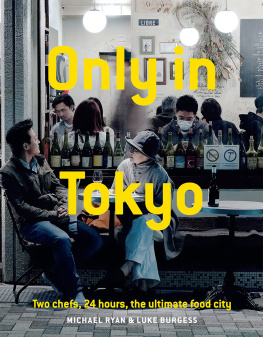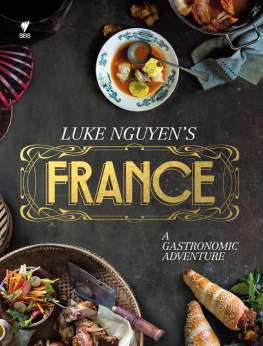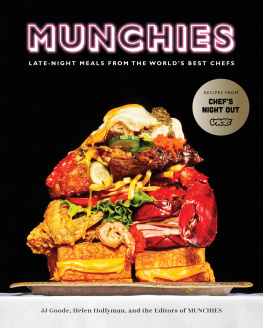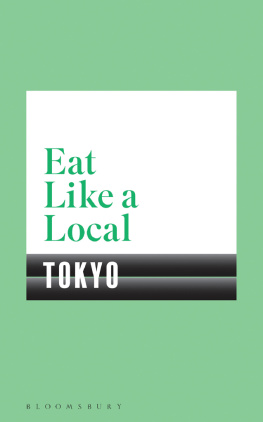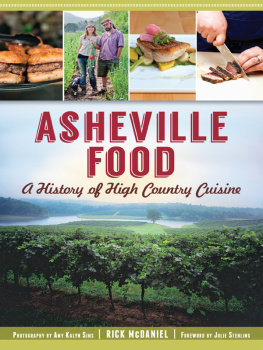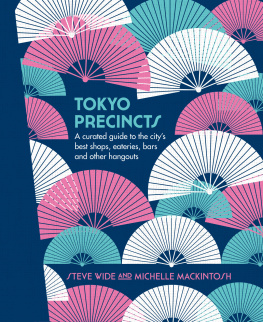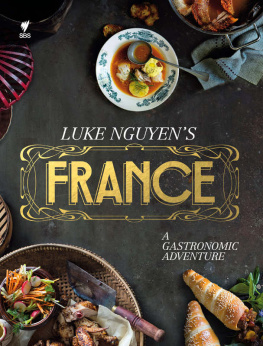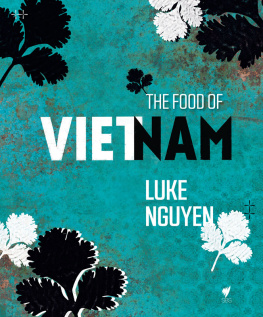Japan, and Tokyo in particular, has been my muse for decades. Every trip brings a little more depth to my understanding of this complex, multi-layered city. But it is enormous, and spatially it can be confusing, particularly when you travel mostly underground. A more manageable way of comprehending Tokyo is to think of it as a number of smaller cities merged into one Shibuya, Shinjuku, Ikebukuro, Ginza Each one has its own feel, its own personality.
The restaurant scene can be equally bewildering. With something like 160,000 restaurants in Tokyo, there is a problem of too much choice. Where do you start? I like to break it down into styles of food. When visiting, I always try to have sushi, ramen, yakitori and an izakaya meal at least once. But your preferences may lean in other directions. Make your own itinerary, but leave space for serendipitous discoveries. The thing with Tokyo is that on your walk to your lunch or dinner booking, you will without fail pass a number of other restaurants that look just as enticing as the one you are heading to.
Also think about the level of restaurant that you would like to dine at. Tokyo has some of the worlds best high-end restaurants, as pointed out by the number of Michelin stars. But you can eat very well at all levels in Tokyo, from cheap ramen, to mid-range izakaya, to gastro temples. Mixing it up is the best approach.
Dont expect or attempt to get a handle on the entire city, even if you have a number of trips under your belt. Feeling like you will never truly know the place is partly what is so fascinating about it. And if you allow some flexibility in your plans, you will end up at some unexpected places that could well be the highlight of your trip. I guess Ive been there just under twenty times now, and every visit is different each one a bit of a choose your own adventure.
As always, I cant wait to go back.
Michael
This book can be credited to what is known as the Tokyo effect a gradual and considered exploration that supersedes the initial onslaught of lights, sounds and tremendous crowds. Two people, many stories: our foray into the societal fabric of Tokyo, the capital of one of the most fascinating cultures of the world.
So familiar yet so foreign. If Japan is enigmatic, then Tokyo is the heart of that riddle, its rhythm and essence so utterly alluring that it demands to be explored. It has a depth that keeps travellers in a constant state of rapture and delight. Whatever your vice, Tokyo has it covered.
Eating and travel photography happen to be my vices, and its mission impossible to call it a wrap every time I leave Japan. More often than not, Im contemplating the next encounter with leads from new discoveries and old friends. No one trip is the same, but familiarity grows a little each time.
I feel tranquillity in Tokyo, even though it is the largest populated metropolitan area in the world. The feeling seems counterintuitive, yet Tokyo begs you to relax and enjoy each layer, facet or slice of whatever you may have stumbled upon, or booked months in advance always in the knowledge that youre without a hope of ticking all boxes, even in a lifetime of tours.
This book, a fine sliver, is just one narrative to begin your journey. Suggestions have been compiled from friends and colleagues who live and breathe Tokyo on a daily basis, and who call that behemoth of an industry hospitality their home. From here you have a starting point to create your own relationship with this captivating city, and to plot a course that can happen only in Tokyo.
Luke
This book is a personal account of our favourite areas, restaurants and food haunts, and our attempt to share some of our knowledge and love of this city.
It is also a snapshot of the lives and work of some of the more creative people we know working in hospitality in Tokyo. These are friends we have built up over our many trips to Japan. With their knowledge and generosity recommending the places they love to eat each trip we make is even better than the last.
Most of the venues featured in this book are swayed toward the west of Tokyo, and in particular the wards of Shibuya, Shinjuku, Meguro and Minato. Most of our friends who have contributed live and/or work in these areas, and naturally their recommendations lean towards them. People in large cities tend to live and play in smaller village-like locales, and Tokyo is no exception. It is these enclaves that we seek out when travelling we aim to live like locals, if only for a brief moment.
The venues have been loosely collated in the progression of a day, starting with breakfast and coffee stops, moving on to places to visit for lunch, then in the mid-afternoon, for dinner, and late at night We stress loosely, as many of the venues are open through the day.
You will find all the classic foods of Japan, and more. Sushi, takoyaki, ramen, sandwiches, burgers done brilliantly, donuts. There are izakayas, tea houses for immersing yourself in the world of green tea, and high-end restaurants for witnessing the work of Tokyos top chefs.
Use this book to give you a flavour of Tokyo, and to point you in some tasty directions. But know that it will not show you all of Tokyo. This is, in fact, not possible; the city is so big that no-one can ever truly know it. Your fear of missing out needs to be discarded. Tokyo offers so many choices, so many permutations, that chance encounters and casual chats with restaurant staff lead to other new discoveries, which themselves lead to more. If we were to give one piece of advice when travelling to Tokyo, it is that you need to be flexible and have gaps in your itinerary for the unexpected. Following these threads will often lead to your fondest memories.
Why
The best sandwich in Tokyo
What to ask for
Prosciutto, shiso and yuzu baguette
Where
42-2 Kamiyamacho, Shibuya-ku
When
8 am5 pm (closed Monday)
Camelback is an unlikely shop in a city full of unlikely shops.
Set up by Hayato Naruse, an ex-sushi chef, its a sandwich shop done with the obsession for detail that the Japanese are renowned for. The country can certainly lay claim to some of the worlds greatest sandwiches the tonkatsu (crumbed pork) sando found throughout Japan and the ham and egg sandwiches from Lawson stores are prime examples, though they are of a particular style, with fluffy white bread being a main feature. To get a good crusty roll with fresh fillings is a little harder in Japan, but this hole-in-the-wall establishment just off the main thoroughfare of the increasingly cool and urbane Tomigaya/Kamiyamacho area is one of your better choices.
They offer a small number of sandwiches, each carefully crafted and all very good. Their egg sandwich features tamagoyaki, or rolled omelette, which you may be familiar with from sushi restaurants. Their signature sandwich is a ham sandwich, but done through a prism of Japanese ingredients shiso leaf and freshly grated yuzu rind alongside prosciutto. It almost sounds too simple to work, but the balance is perfect. Naruse-san cures his own lamb bacon for another sandwich finished with coriander and dried tomato.

